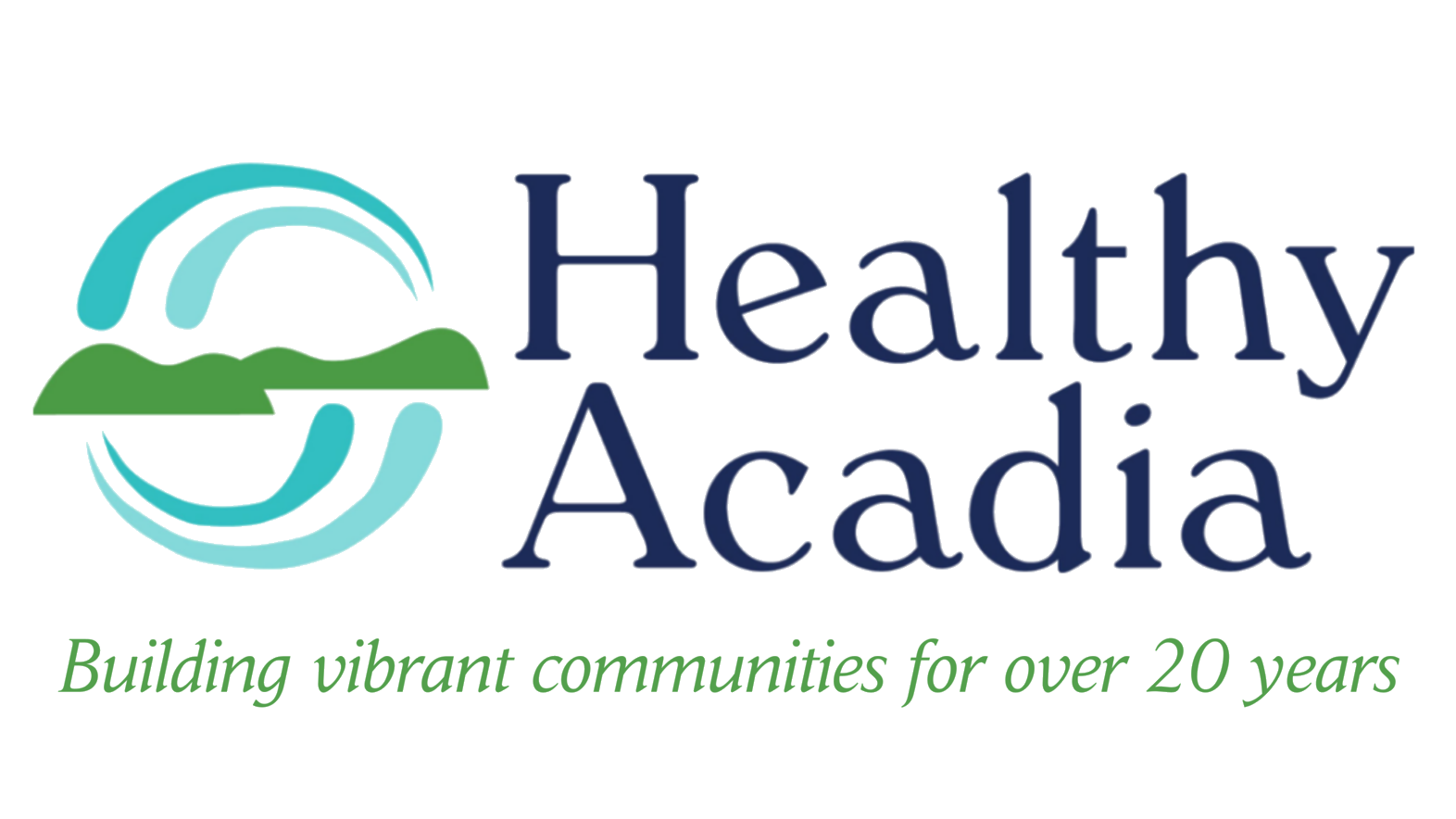Women’s Health Week: Commit to Self-Care for a Healthier You
National Women's Health Week (May 14 to 20) is celebrated each year beginning on Mother’s Day.
As we juggle the multiple and day-to-day responsibilities in our lives, it's easy to overlook self-care, but dedicating time to safeguarding our health is crucial. National Women's Health Week serves as a powerful reminder for women to pause and take time to focus on our own health and well-being. It is a time to reflect on our self-care routines and take proactive steps to lead healthier lives. This week provides an opportunity to recommit ourselves to a healthier lifestyle and take proactive steps to prevent and detect diseases like cancer. By making conscious choices and adopting healthier habits, we can significantly improve our overall well-being and longevity. Let’s explore some practical tips and valuable resources to help you make your health a priority.
Cancer Screenings: An Essential Part of Self-Care
Regular cancer screenings are vital for early detection, as they can identify abnormalities or signs of cancer before symptoms manifest. These screenings are especially critical for women, as certain types of cancer, such as breast, cervical, and ovarian cancer, pose significant risks.
Breast cancer screenings, including mammograms and clinical breast exams, are essential for early detection. The American Cancer Society recommends that women start getting mammograms at the age of 40 and continue to do so annually. Click here to learn more.
Cervical cancer screenings, such as Pap tests and HPV tests, play a pivotal role in identifying precancerous conditions or early-stage cervical cancer. Women should consult their healthcare providers regarding the appropriate screening schedule based on their age and medical history.
Staying informed about other types of cancer, such as colorectal, lung, and skin cancer, is crucial. Speak with your healthcare provider to determine if you need screenings for these types of cancer based on your age, risk factors, and family history.
Healthy Habits for Cancer Prevention
While cancer screenings are vital, incorporating healthy habits into your daily routine can significantly lower your overall cancer risk. Here are some key lifestyle choices to consider.
Maintain a Healthy Diet: A well-balanced, nutrient-rich diet plays a significant role in reducing cancer risk. Focus on incorporating a variety of fruits, vegetables, whole grains, and lean proteins into your meals. Minimize processed foods, sugary snacks, and excessive salt intake. Emphasize the consumption of foods rich in antioxidants, such as berries, leafy greens, and nuts. By nourishing your body with wholesome, plant-based foods, you provide it with essential vitamins and minerals, boosting your immune system and protecting against cancer.
Engage in Regular Physical Activity: Regular physical activity not only improves your cardiovascular health and helps manage weight but also contributes to cancer prevention. Aim for at least 150 minutes of moderate-intensity aerobic exercise or 75 minutes of vigorous-intensity exercise each week. Engage in activities you enjoy, such as brisk walking, swimming, dancing, or cycling. Physical activity helps reduce the risk of breast and colon cancers while providing mental and emotional well-being.
Quit Smoking: If you currently smoke, quitting is one of the most important steps you can take to reduce your cancer risk. Seek support from healthcare professionals, friends, or support groups to embark on a smoke-free journey. Our team can connect you with resources and tools to support your journey to a tobacco-life. Email us at tobacco@healthyacadia.org.
Moderate Alcohol Consumption: Limit your alcohol intake as excessive drinking can increase the risk of several cancers and negatively impact overall health. If you are concerned that your alcohol use patterns may be harming your health, visit alcoholscreening.org for a free, anonymous assessment.
Protect Yourself from the Sun: Shield your skin from harmful UV radiation by wearing sunscreen, protective clothing, and a wide-brimmed hat when you're outside. Avoid tanning beds and seek shade during peak sun hours.
CDC Resources: Your Cancer Prevention Toolkit
The Centers for Disease Control and Prevention (CDC) provides valuable resources specifically tailored to women's health and cancer prevention. Visit their website to access educational materials, screening guidelines, and tips for maintaining a healthy lifestyle. The CDC's resources can empower you to make informed decisions about your health and inspire positive changes in your daily routines.
